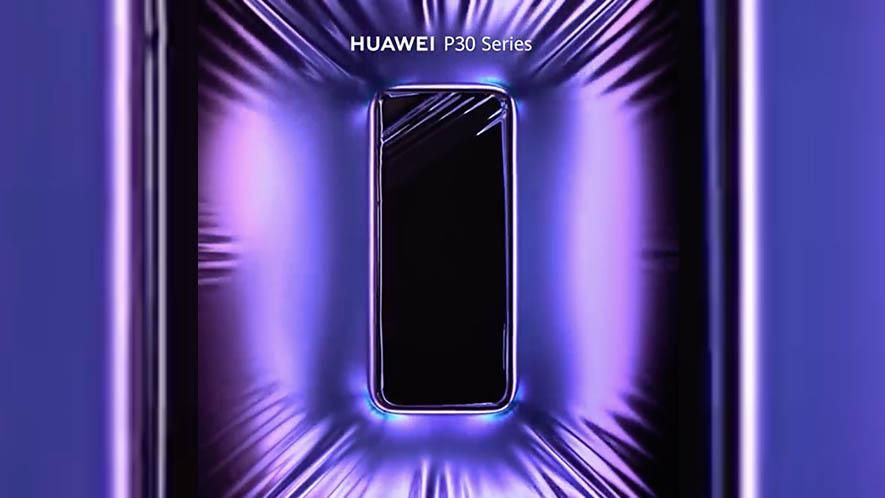The Justice Department is suing Huawei on a raft of fraud and theft charges related to intellectual property and sanctions infractions. Huawei has sued the United States back for implementing unlawful bans of its products within the government as well as the Canadian government for detaining its CFO, Meng Wanzhou, a suspect in the US fraud case who’s expected to be extradited.
One side is likely to win out more than the other, analysts say.
Bloomberg has spoken to legal scholars about the odds of outcomes in Huawei’s favor and has found that Meng, while she could fight her extradition for years, may end up being extradited anyways and could face up to 30 years in federal prison if she’s convicted on all charges.
As to Huawei’s lawsuit, the US government is expected to mount a spirited fight. With major cybersecurity concerns surrounding the company and its potential obligations to share data with Beijing, Washington is antsy to fight. However, some fear that President Donald Trump, who’s in ongoing high-level negotiations with China on tariffs and trade relations, may direct the Department of Justice to dismiss its lawsuits — Trump intervened in major penalties against competitor ZTE for sanctions breaches and lying to investigators. There’s a non-zero chance it will happen, but it is thought to be small.
All the while, Huawei has launched a public relations campaign to gin up support for its brand.
30 years of service, 3 billion served, with 0 evidence of threat to other countries. #HuaweiFacts https://t.co/X3phdB8Ms8
— Huawei Facts (@HuaweiFacts) March 8, 2019
The company has set up social media accounts targeted towards the west sharing news articles from various sources such as the Chinese government-run Global Daily to opinion writers on the Bloomberg domain. For a firm that doesn’t have much business in the United States thanks to political stances against it, Huawei seems really interested in defending its reputation in said United States.

